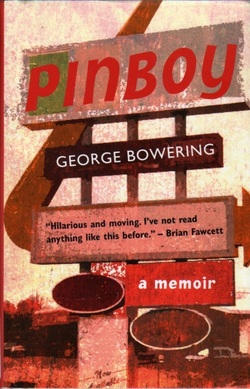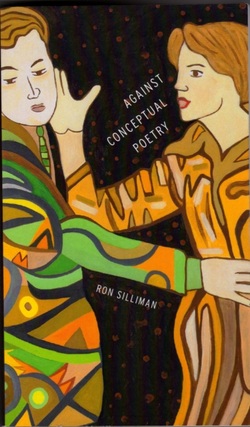
I was late in reading George Bowering’s 2012 book Pinboy, one catalogued for libraries as “biography” and billed by its publisher as a “memoir” in which “Bowering’s youth provides signs of the writer he grew up to be” – i.e. as one which encourages a reader to assume that the narrator, author and protagonist are all the same person. I wasn’t all that curious about my old friend’s adolescence.
On Amazon.ca, however, some readers were not only curious but very concerned about the narrative’s possible authenticity. “I grew up in this little town [Oliver, BC] so could tell the story is authentic,” reader Diana Haynes wrote. Reader Buryl Slack, also from Oliver, believed the narrative should have been even more historical and authentic. “This book was written by the author in order to get revenge, and comeuppance. In some cases he has deliberately semi disguised names and people, in others he has outright named, described and distorted events,” she wrote. Slack seems also to have noticed a few metafictional passages (not her terminology) that subvert the narrative’s implications of truth-telling, but these in her view don’t atone for the distortions. “[E]ven though the author in his garbled fashion of writing this book says a great deal of it is untrue, what he has done is unforgettable and unpardonable.”
One of these passages occurs at the opening to the third chapter, and covertly weakens (a kind of garbling, I suppose, if you miss it) the link between author George Bowering and the narrator/protagonist of the identical name. The narrator is deriding US novelist Jerome Charyn for having described his three-volume memoir as largely written by “imaginative recreation” and the people in it as “characters.” “Well, I don’t have to tell you that I don’t have any power of imagination,” Bowering’s narrator goes on to declare. “I am not recreating any of this stuff. I think it all happened.”


 RSS Feed
RSS Feed